History is Our Stories ~ Army Nurse Linnie Leckrone
World War I Army nurse Linnie Leckrone stands with her brothers, who also served in the war. Left to right: Orris, Dwight, Linnie and Lyle Leckrone. Linnie Leckrone, was one of the first females authorized to wear the Silver Star. Courtesy photo
 Army Maj. Gen. Gale S. Pollock, acting Army surgeon general and chief of the Army Nurse Corps, presents the Silver Star to Mary Jane Bolles Reed, who accepts it on behalf of her deceased mother, World War I Army nurse Linnie Leckrone, July 31, 2007.
Army Maj. Gen. Gale S. Pollock, acting Army surgeon general and chief of the Army Nurse Corps, presents the Silver Star to Mary Jane Bolles Reed, who accepts it on behalf of her deceased mother, World War I Army nurse Linnie Leckrone, July 31, 2007. Photo by Fred W. Baker III
 Mary Jane Bolles Reed talks with Army Capt. Rachel Park, the assistant head nurse for the surgical intensive care unit at Walter Reed Army Medical Center, after accepting the Silver Star July 31, 2007, on behalf of her late mother, Linnie Leckrone, an Army nurse who was one of the first females authorized to wear the Silver Star.
Mary Jane Bolles Reed talks with Army Capt. Rachel Park, the assistant head nurse for the surgical intensive care unit at Walter Reed Army Medical Center, after accepting the Silver Star July 31, 2007, on behalf of her late mother, Linnie Leckrone, an Army nurse who was one of the first females authorized to wear the Silver Star. Photo by Fred W. Baker III
By Fred W. Baker III
American Forces Press Service
WASHINGTON, DC – While Army nurse Linnie Leckrone was patching up wounded soldiers in France on the front lines of World War I, she most likely wasn’t thinking that her actions one day would merit the military’s third-highest award for valor in the face of the enemy.
Leckrone probably didn’t even consider the history she was making on July 29, 1918, as enemy artillery pounded the location of her field hospital, and she and the small staff of the “gas and shock team” did their best to care for the barrage of incoming wounded.
The Army nurse who volunteered for duty on the front lines that day became one of the first three women in the military authorized to wear the Silver Star. Ironically, she never got to wear the medal, and never even knew she had earned it.
But that would have been fine by Leckrone, her daughter said yesterday at an Army ceremony at the Women in Military Service for America Memorial in Arlington. The Silver Star was awarded posthumously to Leckrone, and presented to her daughter, Mary Jane Bolles Reed.
“If she were here, she would say, “I don’t need a medal. I just did what I had to do,” said her daughter. “And, of course, that’s true. But what she had to do required great courage and was pretty exceptional.”
Leckrone was one of the more than 10,000 women who served in the Army Nurse Corps in France during World War I. Nurses then did not wear rank and were referred to as “miss” or “nurse.” Nurses were not supposed to serve in combat, but as forward surgery became more critical during the war, some nurses were moved to the front lines to work in field hospitals.
According to her daughter, Leckrone’s thoughts during the war were appropriately placed -- on the troops.
The image of one soldier must have stood out. “He was just a boy. No more than 16 years old. He called me Mom. And he was so sick, he died before morning,” Leckrone recalled to her daughter many years later.
Leckrone was cited for the Citation Star, which predated the Silver Star, for serving on the front lines that July in France and caring for wounded despite an enemy artillery bombardment, said Sanders Marble, a historian with the Army’s Office of Medical History, working for the Army Surgeon General.
A colleague of Marble’s found the three Army nurses cited for the award while searching lists for Army dentists. He came across the names and titles and realized their historical significance, Marble said.
Previously, four World War II Army nurses were considered the first female Silver Star recipients, he said, for gallantry in action in Italy in 1944. But, in 1932, then Secretary of War Patrick J. Hurley authorized recipients of the Citation Star to exchange their medals for the new Silver Star. About 10,000 servicemembers have requested to have their Citation Stars exchanged for Silver Stars.
Marble’s office researched the event. They had only two sentences to go by, including a name, location and description of the citation. They expanded on the citation and submitted for the exchange.
Marble said one recipient died and has no living next of kin. The other recipient’s family was not able to attend yesterday’s ceremony.
The historian said Leckrone’s family was surprised when they got the call from his office.
Leckrone was cited for the Citation Star, but it was never presented. She was discharged from the Army before it could be awarded.
“As far as we know, she never knew about it,” Marble said. “The daughter, Mrs. Reed, was stunned when we called her and said, ‘Your mother was in the Army, did you know about this?’”
Leckrone returned to the United States after serving 14 months overseas. When she returned there was no parade or welcome-home ceremony, her daughter said. “They got back to New York City in uniform. People looked at them like foreigners. There was no big welcome home celebration,” Reed said.
Her mother took a job as a nurse in Chicago, but then later followed her friend and fellow combat nurse – who also received the same citation – to Colorado. She got a job in the southern part of the state, in a small rural town, doing what she loved, her daughter said: helping people.
Routinely, Leckrone would walk two to three miles to small farm houses to take care of the sick, Reed said. The local people were grateful for the care. “She said ‘They just worshipped me,’” Reed said.
Leckrone later moved to Boulder, Colo., and worked as a nurse for the county. It was there she met her husband, married and quit nursing, at least outside of her family. “Four rambunctious farm kids came up with a multitude of illnesses and injuries that taxed her nursing skills,” Reed said of herself and her siblings.
While preparing to receive the award for her mother, Reed said she started digging back through years of family history and prepared a long list of her mother’s accomplishments. But afterward, Reed said, she realized the list was not important to understanding the impact that Leckrone left in the lives of those she served.
“Looking at it, I realized you don’t need to know what she did, but it was how she did those things. It was always with compassion, and gumption and care – with the heart of a true nurse,” Reed said. “Linnie Leckrone was a nurse all her life. She was unflappable.”
From Defenselink




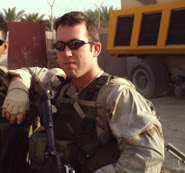










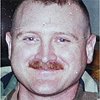












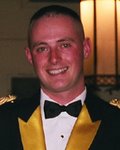






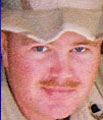
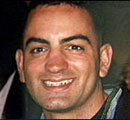





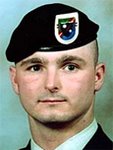




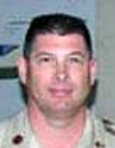
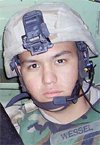






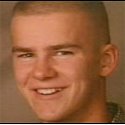
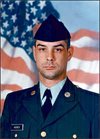


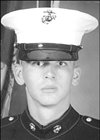
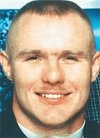
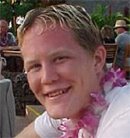






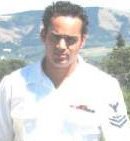

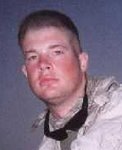





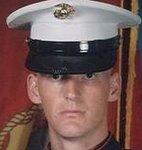
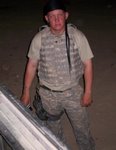
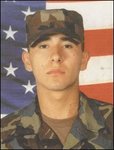


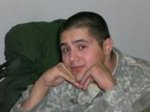
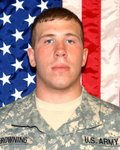






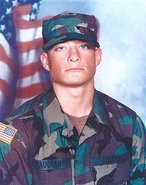
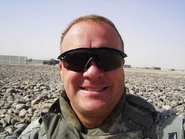
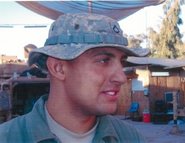


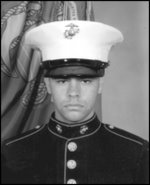
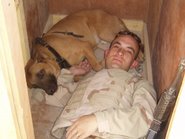
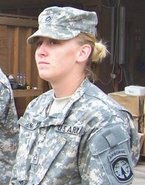

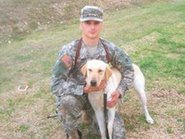

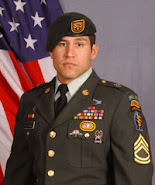

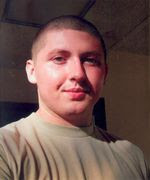



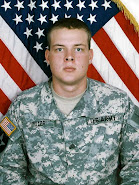
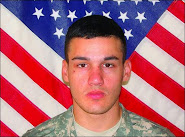



2 comments:
Lets give the Nurses their due rewards!
FTGF!
Thanks for your link to Thomas Nelson, I took his photo and gave you a link both to the post and your site.
Post a Comment